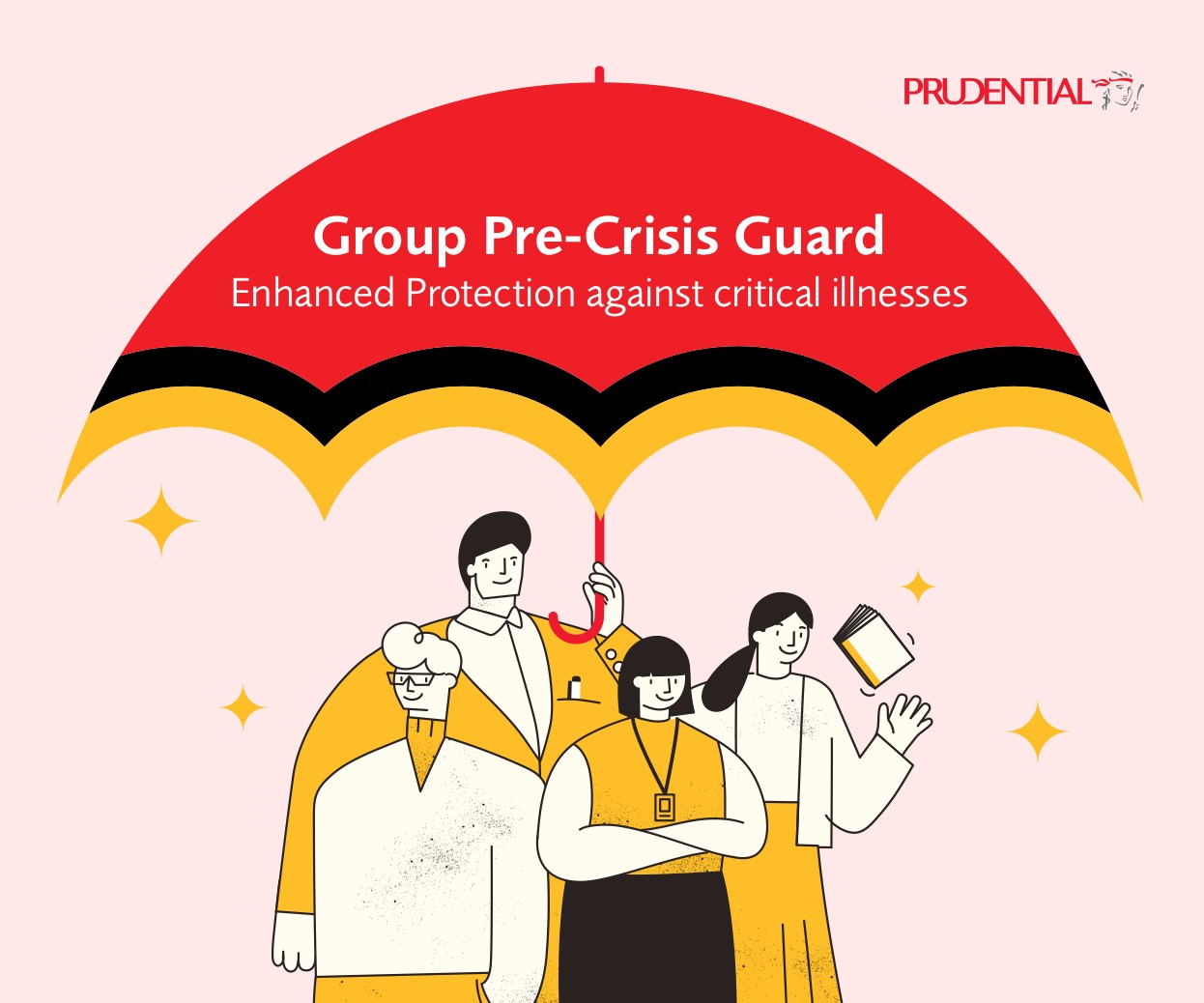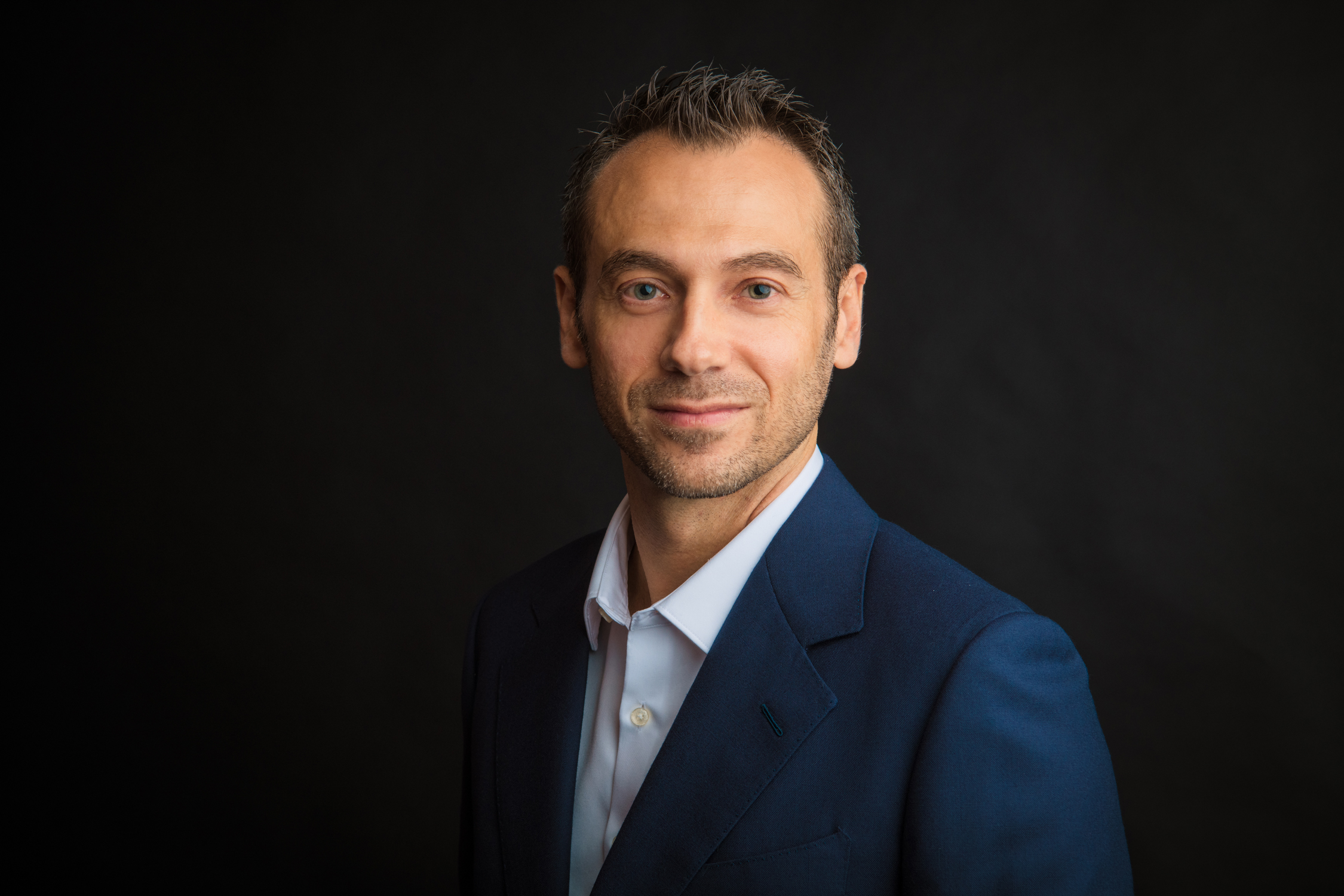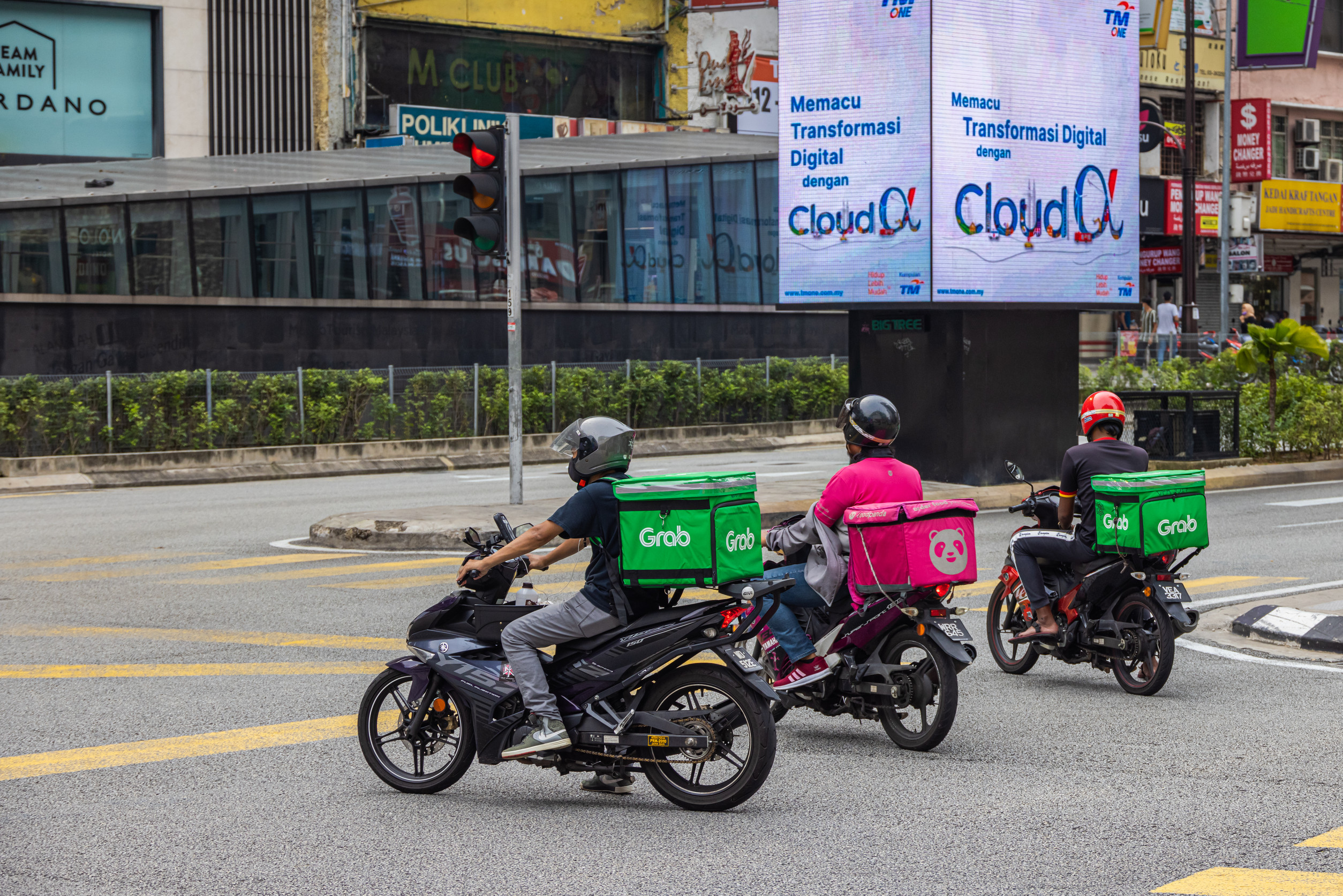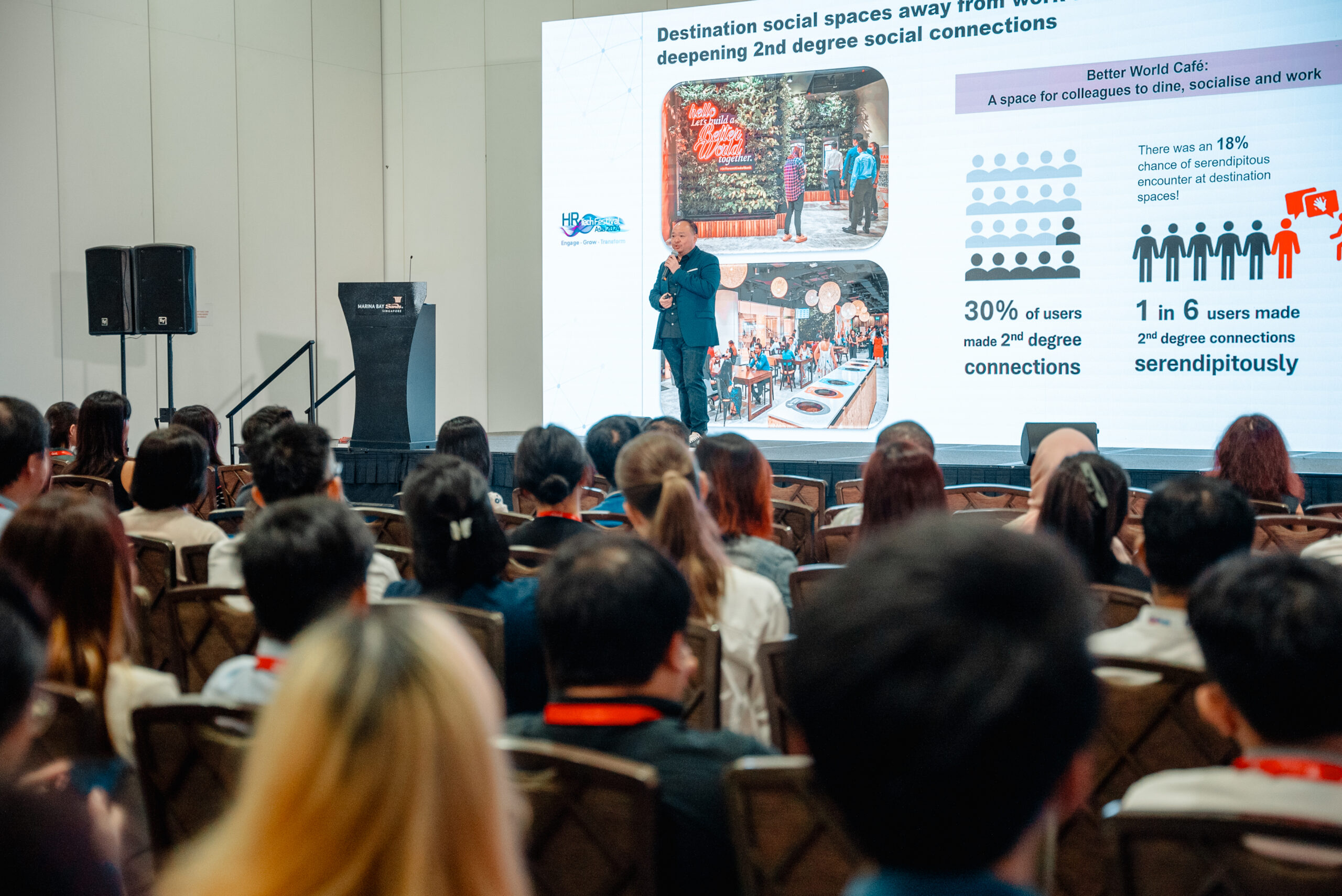Prudential helps organisations build employee-first culture
- Shawn Liew

For many organisations, the recovery from the COVID-19 pandemic is likely to be a prolonged and challenging journey. Even as a semblance of normalcy begins to take shape, organisations are also likely to return to a world of work that has been reshaped by the pandemic.
For starters, mass workplace activities are unlikely to resume in the foreseeable future. This in turn, is prompting organisations to seek new and innovative ways of maintaining engagement with their employees, said Jeff Ang, Head of Enterprise Business Solutions, Prudential Singapore.
Speaking to HRM Asia, he highlighted, “Studies have consistently shown that healthier employees are happier, more engaged and more productive. Building a culture that promotes not only physical but also mental well-being, can help employees adapt more quickly to change, and encourages greater loyalty and job satisfaction that will serve the organisation well beyond the current pandemic.”
Even as many companies continue to implement remote working policies, they are likely to unanimously agree that their people remain one of their most valuable assets. And in order to shape a thriving culture of work in these challenging times, everyone in the organisation has a role to play.
Ang elaborated, “Leaders can set a positive example by walking the talk and modelling a balanced lifestyle. Companies can make on-demand digital health and wellness activities part of their routines, or as platforms for team building and interaction.
“Lastly, employees should be actively engaged in the process, because the desire for human interaction remains strong even with the need to socially distance.”
While it is increasingly important to take care of employees’ mental well-being, the uncertainty caused by the pandemic is raising stress levels that is also threatening to have a detrimental effect on employees’ physical health.
Living well for longer
Rising longevity also means that people are having to work longer, creating new challenges for employees and businesses alike. In Singapore, the retirement age would be raised from 62 to 65 by 2030, by which time one in four Singaporeans are expected to be aged 65 and above.
As people are living longer, an increasing proportion of critical illness (CI) claims will occur during years of economic activity, bringing with it the pressure to stay healthy and stay in the workforce for more years in order to fund a longer retirement.
In the unfortunate event of contracting a CI, the cost can also be prohibitive. According to a 2017 study by the Life Insurance Association of Singapore, the CI Protection Gap per economically active adult in Singapore is estimated at SGD$256,826 (USD$$188, 240), or equivalent to 3.1 times the annual incomes of the average Singaporean.
This amount represents financial needs such as household expenses, outstanding debt payments and lifestyle maintenance that may arise over an estimated recovery period of five years. To help extend the careers of Singapore employees, companies can, and should do more to help them bridge this gap in CI protection, Ang emphasised.
He pointed to a 2018 study conducted by The Economist Intelligence Unit as part of Prudential’s Ready for 100 series on longevity, which found that close to 30% of respondents wanted companies to provide more financial benefits such as medical insurance, as a way to help extend the careers of their employees.
Prudential, as a company, is taking a further step in CI coverage, by helping companies provide the best possible coverage for their employees’ evolving protection needs. It is one of the first insurers in the employee benefits (EB) market to offer Group Early CI cover for seven early stage and five intermediate stage medical conditions.
Launched this month, the Group Pre-Crisis Guard is an optional rider designed to provide payouts at the early and intermediate stage of selected medical conditions. This, Ang said, gives employees greater peace of mind in seeking early treatment that could potentially save their lives and help them to bounce back quicker.
He added, “Whilst Group CI products covering late stage illnesses are common in the EB market, we have identified a gap for Group Early CI coverage. Regular CI plans typically pay out in the later stages of an illness, while our Early CI plan pays out in the earlier stage of CI, once the definitions specified in the plan are met.”
For both companies and their employees, priorities will continue to change because of the pandemic. However, for both the organisation and the employee to grow together, employee wellness will need to be at the heart of any strategy moving forward.
A holistic view on employee wellness
At Prudential, this means the desire to help people get the most out of life through initiatives like the Pulse by Prudential digital health app, which helps to make healthcare more accessible and affordable.
The Symptom Checker, for example, uses an AI-powered chatbot to provide users with insights into possible health conditions based on the symptoms experienced. Users can also schedule a video consultation with a doctor at any time of the day, and can opt for delivery of their prescribed medicine or collect it at a local Guardian pharmacy.
Through its WorkPLAYce by Prudential initiative, employees of Prudential’s enterprise customers are also able to tap on a range of added perks such as access to digital wellness talks and an interactive online game to help them identify their workplace habits.
These, and more, are helping Prudential take a more holistic view on employee wellness through helping them stay healthy and productive for longer.
Ang concluded, “We continue to develop innovative approaches and solutions to promote wellness and help employees and customers live well for longer. We aim to work with like-minded partners to create better outcomes for our customers.”






